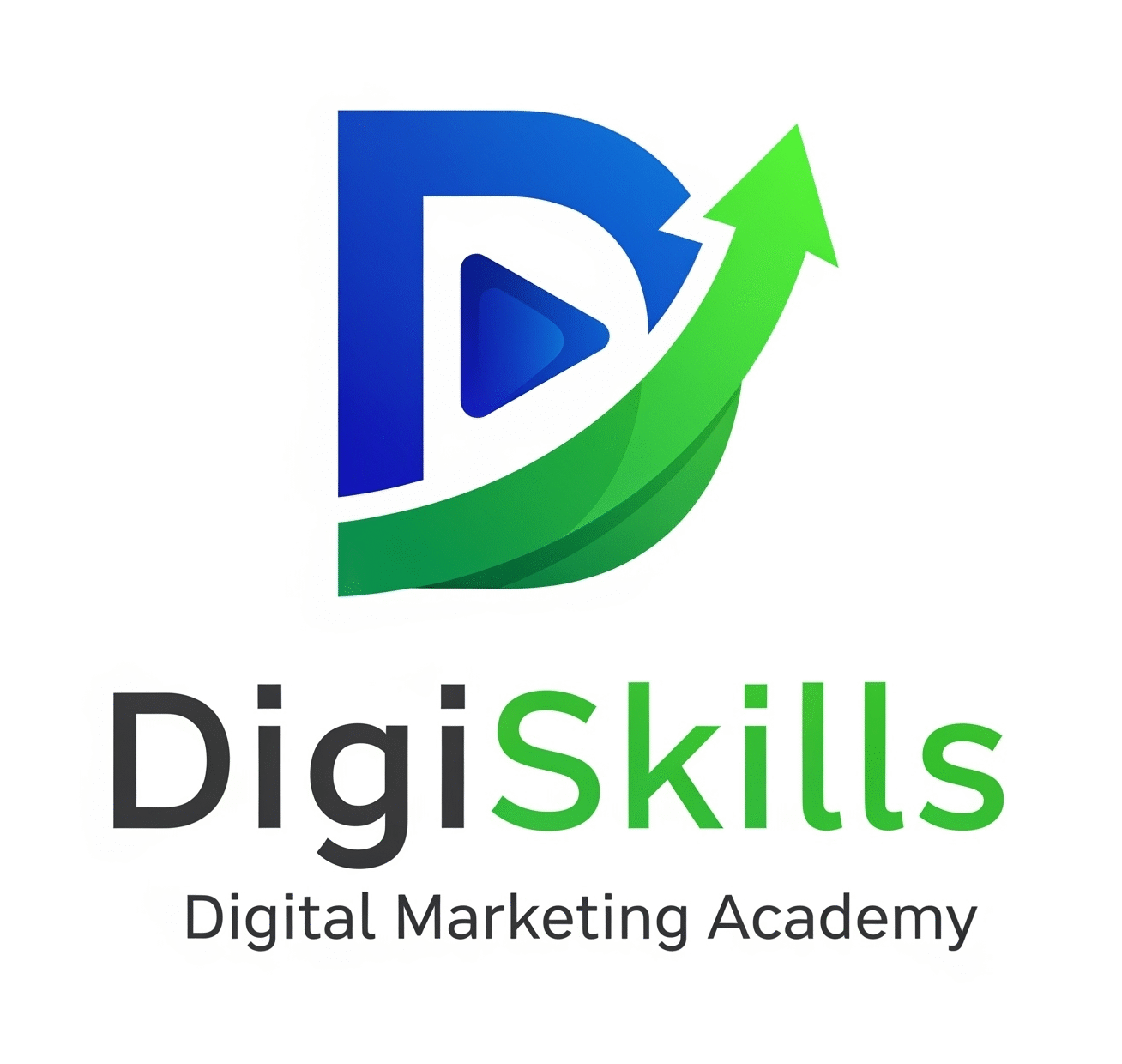
How AI is Changing the Game in Digital Marketing
Introduction: A New Age of Digital Marketing
How AI is Changing the Game in Digital Marketing, Artificial Intelligence (AI) is rapidly transforming the digital marketing landscape. What was once manual, time-consuming, and based on gut feeling is now being replaced by data-driven decisions and automation. Marketers now use AI to streamline processes, understand audiences better, and deliver highly personalized experiences. As AI technology continues to evolve, it’s clear that its impact on digital marketing is not just a trend — it’s a revolution.
1. Smarter Data Analysis and Consumer Insights
One of the biggest advantages of AI in digital marketing is its ability to analyze vast amounts of data quickly and accurately. Traditional data analysis could take days, but AI-powered tools can process customer behavior, preferences, and interactions in real time.
This allows marketers to gain deeper insights into their target audience, segment customers more precisely, and forecast trends before they happen. With tools like Google Analytics 4, Adobe Sensei, and IBM Watson, businesses can now make smarter marketing decisions based on predictive analytics and pattern recognition.
2. Personalized Marketing at Scale
Customers expect personalized experiences — and AI makes it possible to deliver them at scale. By analyzing user behavior, AI can tailor website content, recommend products, and send customized email campaigns to individual users.
For example, platforms like Amazon and Netflix use AI algorithms to provide recommendations based on user behavior. Similarly, AI-powered email tools like Mailchimp or Klaviyo can automate personalized email campaigns that reach users at the right time with the right message. This level of personalization leads to higher engagement, loyalty, and conversions.
3. AI-Driven Content Creation
While creativity remains a human strength, AI is becoming a valuable assistant in content creation. Tools like ChatGPT, Jasper, and Copy.ai can generate blog posts, ad copy, product descriptions, and even social media captions in seconds.
AI tools can also help with content ideation, keyword optimization, and grammar checking — allowing marketers to focus more on strategy and creativity. For video content, platforms like Pictory and Synthesia use AI to create engaging videos without the need for cameras or editors. Although human editing is still important, AI drastically speeds up the content creation process.
4. Smarter Ad Targeting and Optimization:How AI is Changing the Game in Digital Marketing
AI is revolutionizing how businesses run digital ads. Instead of guessing which ads might work best, AI can test different creatives, headlines, and formats in real time to identify what delivers the highest ROI.
AI also enables advanced audience targeting. Ad platforms like Google Ads and Meta (Facebook) use machine learning to show ads to people most likely to convert, based on past behavior and real-time engagement. Additionally, AI can automatically manage bids, budget allocation, and ad placement — maximizing performance with minimal manual effort.
5. Chatbots and AI-Powered Customer Support:How AI is Changing the Game in Digital Marketing
AI-powered chatbots have become a crucial part of digital customer service. These bots can handle FAQs, book appointments, suggest products, and even assist with purchases — all in real time and without human intervention.
Platforms like Drift, Tidio, and Intercom use natural language processing (NLP) to understand and respond to customer inquiries naturally. This 24/7 support not only improves user experience but also reduces response times and operational costs.
6. Predictive Analytics and Lead Scoring:How AI is Changing the Game in Digital Marketing
With AI, marketers can do more than just react — they can predict. Predictive analytics uses historical data to forecast future outcomes, such as which leads are most likely to convert or when a customer is about to churn.
Lead scoring powered by AI helps sales and marketing teams prioritize prospects based on their likelihood to buy. Platforms like HubSpot, Salesforce, and Marketo integrate predictive features to help businesses act proactively rather than reactively.
7. Visual Search and Voice Search Optimization
AI is also transforming how people search online. Visual search allows users to search using images instead of text, thanks to AI-powered tools like Google Lens and Pinterest Lens. This creates new opportunities for e-commerce brands to appear in visual search results.
Similarly, AI is behind the rise of voice search — with assistants like Siri, Alexa, and Google Assistant shaping how users find information. Marketers now need to optimize content for natural language queries and conversational search to stay visible in voice-driven search results.
8. Ethical Considerations and Challenges
As powerful as AI is, it’s not without challenges. Marketers must be cautious of data privacy regulations (like GDPR), potential bias in algorithms, and the overuse of automation that could make customer experiences feel less human.
It’s crucial to maintain transparency in how AI is used and ensure that AI-driven decisions are fair and ethical. Striking the right balance between automation and human creativity is key to building trust and delivering value.
Conclusion: AI is a Tool — Not a Replacement:
AI is undoubtedly changing the game in digital marketing, but it’s not replacing marketers — it’s enhancing their abilities. By automating routine tasks, uncovering hidden insights, and enabling deeper personalization, AI frees up marketers to focus on strategy, storytelling, and creativity.
Those who embrace AI thoughtfully and responsibly will not only stay ahead of the curve — they’ll redefine what marketing success looks like in the digital age.


good